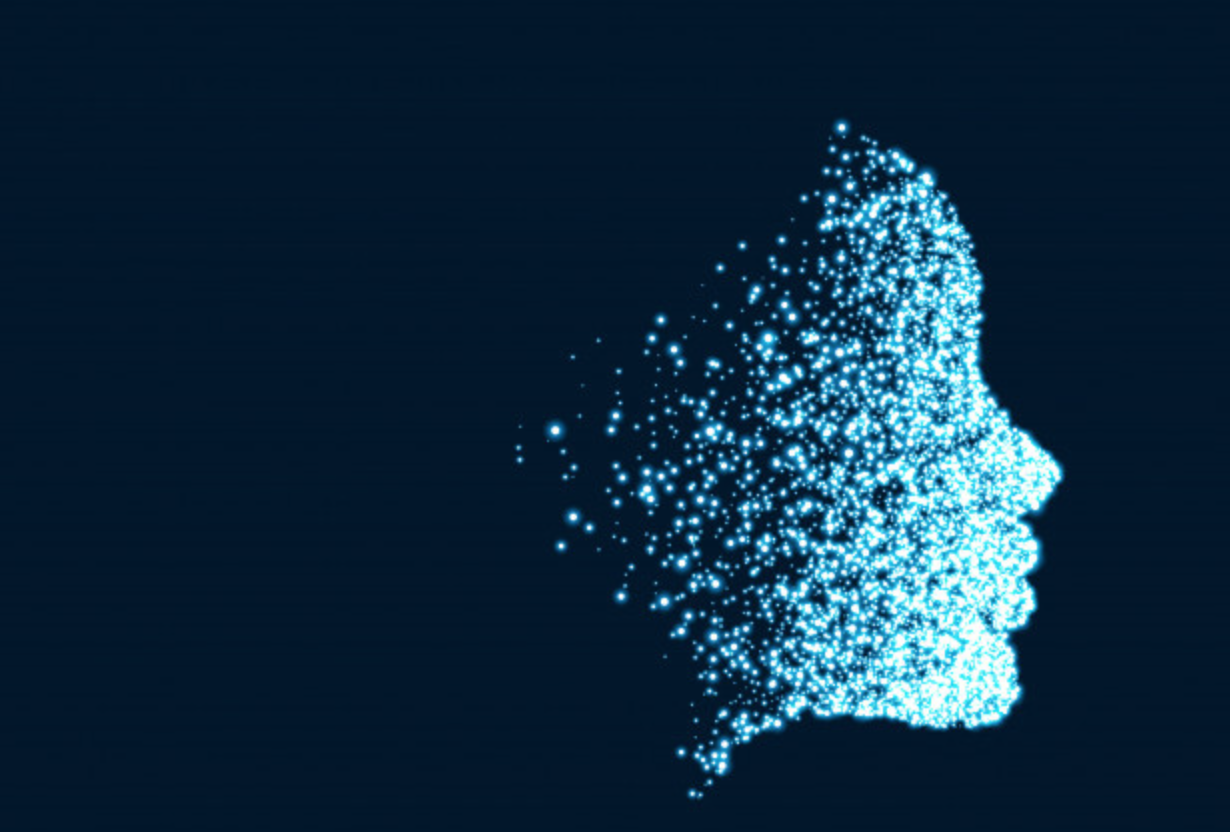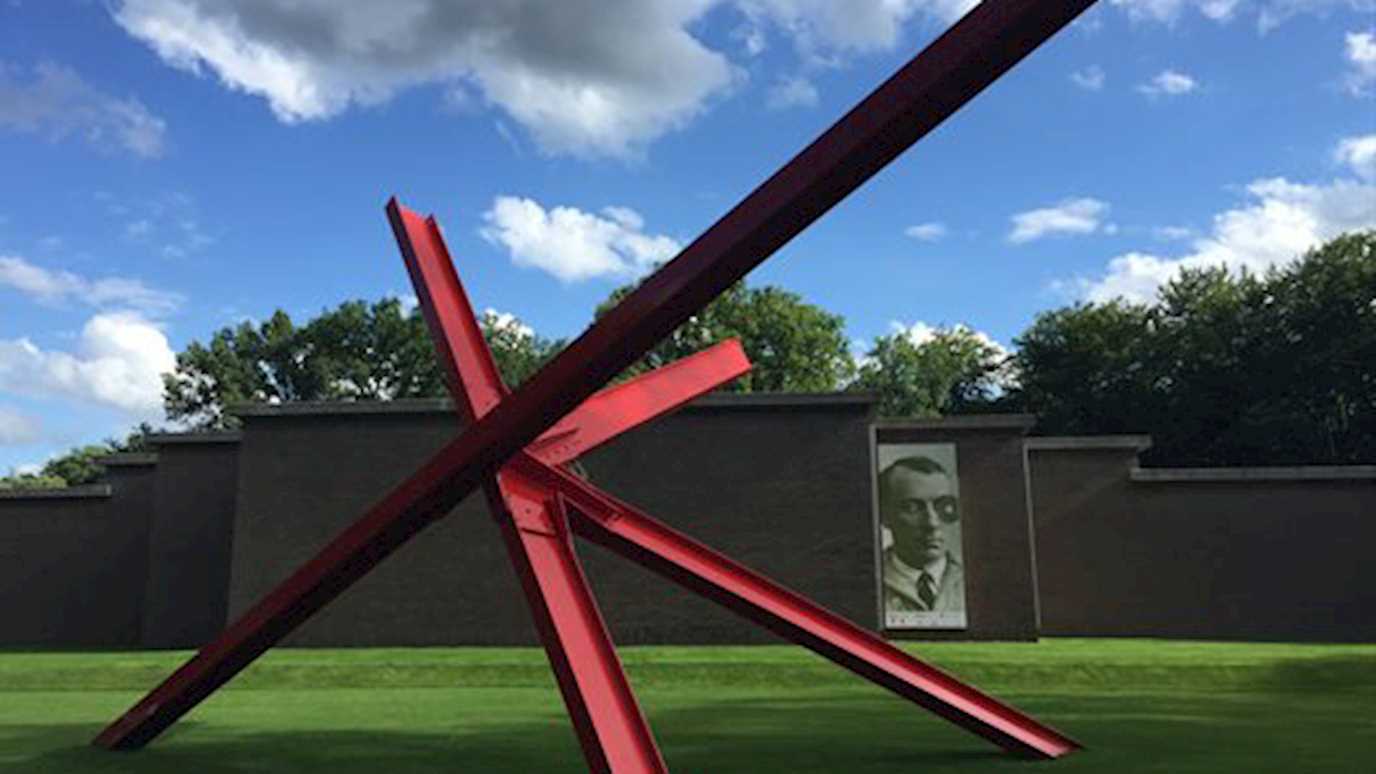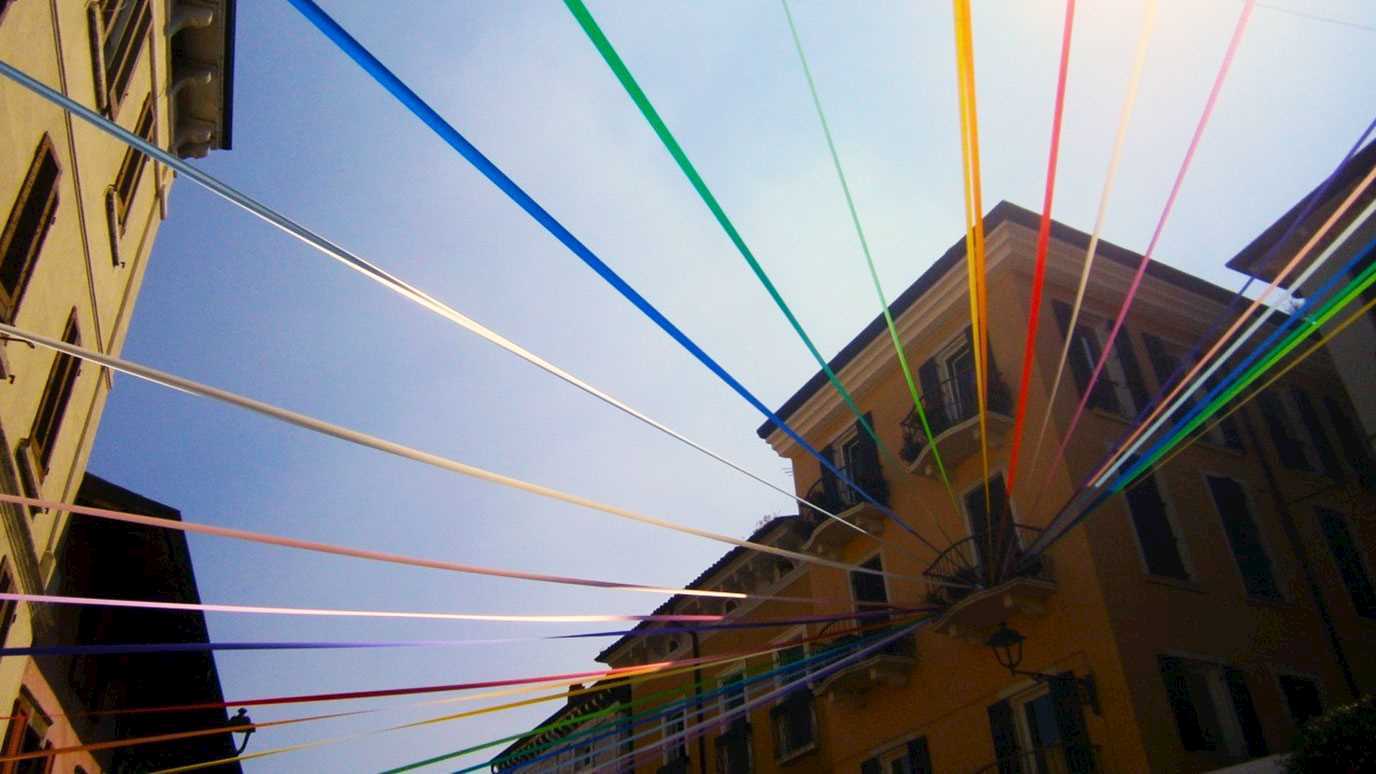Hosted by the Centre for Visual Cultures
This one-day international symposium aims to explore theories, methodologies and future perspectives in the field of ‘digital culture studies’ in Modern Languages. It will bring together scholars in Modern Languages and Digital Humanities, as well as artists, Media Arts historians and curators, in order to discuss new informed ways and methods for approaching the study of digital culture and creativity.
Organised by Professor Giuliana Pieri and Dr Emanuela Patti
Free admission.
Please register here: https://www.eventbrite.com/e/digitalculture-studies-in-modern-languagestickets-55331092788
Programme: Friday, 15 February 2019
Location: Gowar and Wedderburn Common Room, Royal Holloway, Egham TW20 0EX
10.30 Arrival, Refreshments
11.00-11.10 Emanuela Patti (Royal Holloway), Introduction - Modern languages and the digital: theories, methodologies, case studies
11.10-12.00 (chair: Sarah Wright, Royal Holloway)
Keynote Lecture 1: Claire Taylor (University of Liverpool), ’Digital Humanities, digital culture, and Modern Languages’
12.00-13.00 (chair: Guyda Armstrong, University of Manchester)
Paul Spence (King’s College), ‘Key elements of a critical Digital Humanities-Modern Languages (DHML) research agenda’
Erika Fülöp (Lancaster), ‘Digital culture in French Studies in the UK’
13.00-14.00 Lunch
Modern Languages and digital arts: national and transnational perspectives
14.10-15.00 (chair: James Williams, Royal Holloway)
Keynote Lecture 2: Sean Cubitt (Goldsmiths), ‘Telegraph, Airmail, Satellite: The Visual Imaginary of Global Media’
15.00-16.00 (chair: Emanuela Patti, Royal Holloway)
Valentino Catricalà (Media Arts Festival, Rome), ‘Rethinking the medium through media art. The Italian case’
Maria Mencia (Kingston), ‘The Winnipeg: the poem that crossed the Atlantic’
16.00-16.30 Coffee break 16.30-17.00 (chair: Emanuela Patti)
Closing discussion, ‘The interdisciplinary challenges of Digital Culture Studies: what forms of collaboration between Modern Languages, Media Arts and Digital Humanities?’

























